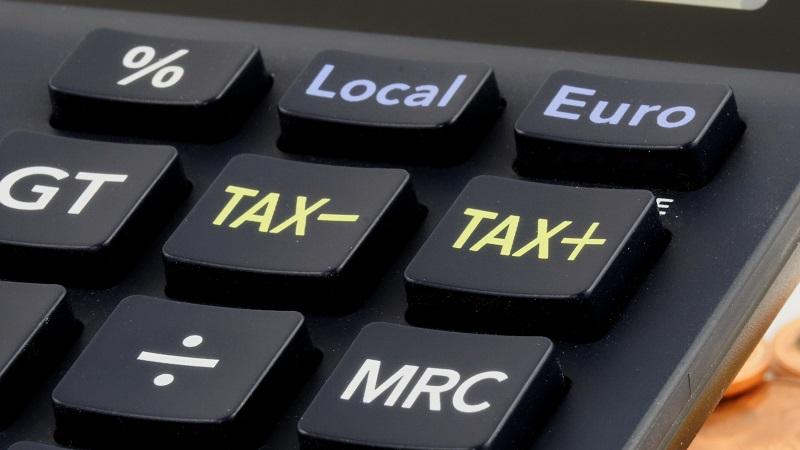Government proposes legal changes that would require social networks to allow people to easily verify their identity, and block contact from all unverified users
Credit: Piqsels
The government has announced the inclusion of additional provisions in the draft online safety bill in a bid to “step up the fight against anonymous trolls” operating online.
The new requirement will mean large social media sites must provide users with the ability to block contact from all other users who have not verified their identity. This is likely to mean the inclusion of a tick box or button in the website’s settings.
Platforms will also be required to offer a means through which users can verify their own identity – which could mean “an option to verify their profile picture to ensure it is a true likeness… two-factor authentication where a platform sends a prompt to a user’s mobile… [or] using a government-issued ID such as a passport to create or update an account”.
Sites will also have to give users options for opting out of seeing harmful content.
Related content
- Cabinet ministers lend weight to calls to end online anonymity
- Online harms: Government retains option of criminal sanctions against social media companies
- Digital minister: ‘Online anonymity is important’
The aim is to reduce the kind of trolling from anonymous accounts that, the government said, is often experienced by women and people of colour in the public eye – including Black footballers and female politicians. There is also “repeated evidence of ethnic minorities and LGBTQ+ people being subject to coordinated harassment and trolling”, it added.
“Tech firms have a responsibility to stop anonymous trolls polluting their platforms,” digital secretary Nadine Dorries said. “We have listened to calls for us to strengthen our new online safety laws and are announcing new measures to put greater power in the hands of social media users themselves. People will now have more control over who can contact them and be able to stop the tidal wave of hate served up to them by rogue algorithms.”
Despite the focus on “anonymous trolls”, government said that “banning anonymity online entirely would negatively affect those who have positive online experiences or use it for their personal safety such as domestic abuse victims, activists living in authoritarian countries or young people exploring their sexuality”.
The aim of the new measures, rather, is to “provide a better balance between empowering and protecting adults – particularly the vulnerable – while safeguarding freedom of expression online”.
“While this will not prevent anonymous trolls posting abusive content in the first place – providing it is legal and does not contravene the platform’s terms and conditions – it will stop victims being exposed to it and give them more control over their online experience,” the government said.
Hear from sector leaders from central and local government, the NHS, and law enforcement at the PublicTechnology Cyber Security Summit. The CPD-certified event – which is free-to-attend for public sector employees – takes place at London’s Business Design Centre on 29 March and will include a range of exclusive presentations, including insights from those leading government’s response to the biggest cyberthreats. Speakers include Alex Harris, head of NHS and social care cyber risk at NHSX who will discuss the challenges of protecting patients and clinicians: from WannaCry through to Covid.




